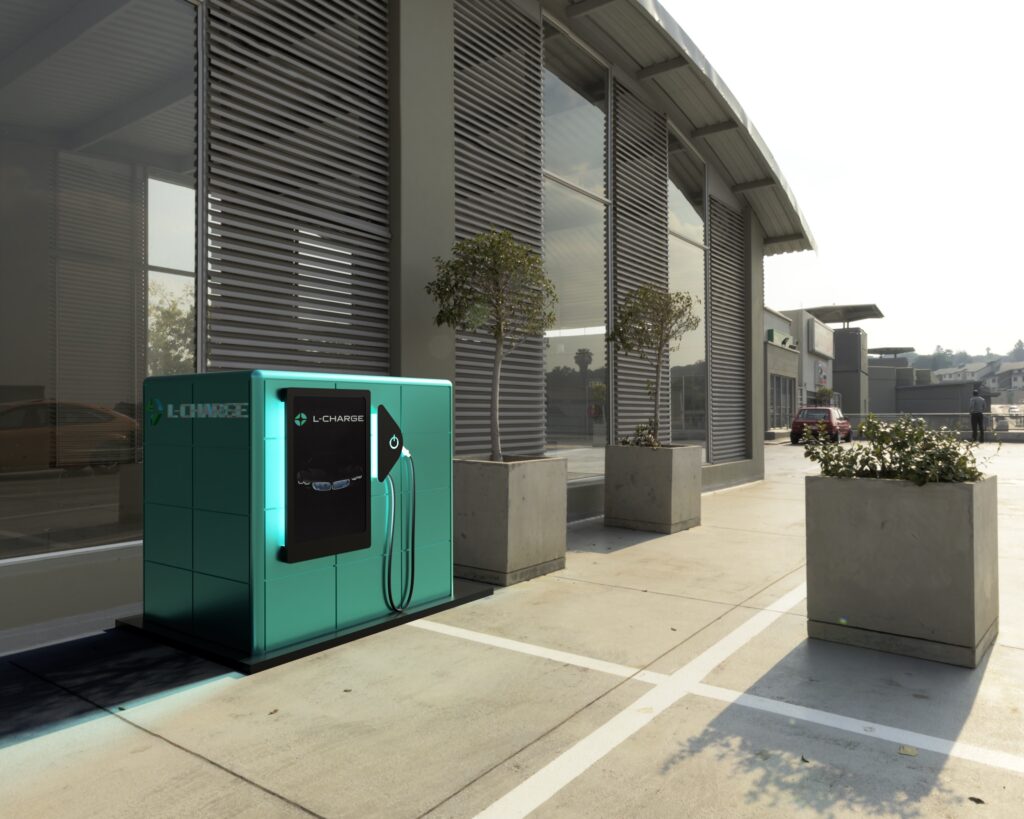Ziptron Gas and L-Charge collaborate to boost charging infrastructure in India

UK-based L-Charge has agreed on a long-term collaboration with Ziptron Gas to enhance the EV charging infrastructure network in India. The two companies have already agreed their first shipment of boosters under the new deal.
The collaboration between the UK-based EV charge point manufacturer and operator L-Charge and the India based Ziptron Gas is a strategic cooperation providing high-end infrastructure solutions for the EV market in India. Under the contract, L-Charge will deliver boosting equipment capable of amplifying the output power of typical 4kW-15kW charge points, currently operated in India, to deliver up to 120 kW.
“At present, the charging infrastructure network in India is dominated by “slow” charging solutions. According to the Department of Heavy Industry, there are only around 22 fast charging points out of every 300 positioned in India’s most developed urban areas. Ziptron Gas will start with installing a few boosters that convert the output power of the existing 4kW-15kW chargers into rapid charging solutions. Introducing these boosters will help accelerate the deployment of an ultra-fast, grid-independent charging network in urban and rural areas across India”, –
L-Charge VP Justin Tarr explains.
L-Charge develops ultra-fast, grid-independent EV charging solutions powered by clean fuels (hydrogen, liquefied natural gas, or a mixture of the two). The company’s product portfolio includes a mobile charging truck, fitted with a multifueled mini-power station onboard, that enables consumers to order a charge on-demand, at their preferred location, via an app. L-Charge also produce off-grid fixed charging stations with power output capacities ranging from 300 kW to 2000 kW. L-Charge designed and developed their portfolio to deliver super-fast charging from 0% to 80% in 15–25 minutes.
India is currently the world’s 6th largest economy by nominal GDP and the 3rd largest by PPP and is characterized as a middle-income developing market economy. Two and Three-Wheelers account for nearly 50% of the vehicle market and hold a dominant share of the urban mobility segment. EVs are slowly gaining traction and currently make up less than 2% of vehicles deployed in India. The charging market is highly fragmented, with several public and major private entities setting up charging infrastructure in various locations across the country. A diverse range of EV charging solutions are available, including a mix of Type 1, Type 2, AC, DC, unidirectional and bidirectional charging stations that cater to e4W, e3W as well as e2W vehicles. Lack of space, infrastructure and manpower for setting-up, coupled with high upfront investment costs for charging equipment and deployment, are major challenges that face the future development of India’s EV charging market.




